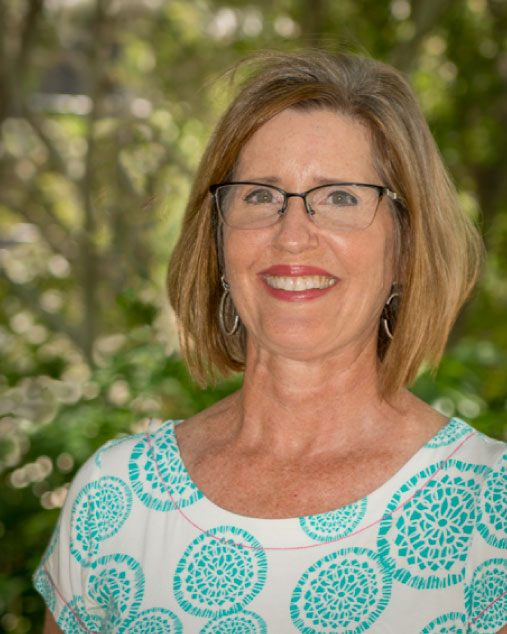Readers Want To Know…

Julie McGue
Author
Since my memoir Twice a Daughter launched on May 11, I’ve shared my adoption search story with numerous news media and podcasters, participated in virtual book discussions, and been invited to speak at several in-person Book Clubs.
Before the book came out, I wasn’t sure how much I’d enjoy the marketing aspect of being an Indie author. I have found it to be deeply rewarding and energizing.
One of the things I love most about post-book launch is receiving feedback from readers. The folks I usually hear from are friends, fellow adoptees, and birth or adoptive parents. Often the reader is outside my community and the adoption triangle. It’s important to me to respond personally to every comment and question.
I’ll be honest.
There have been satisfying moments when book lovers posed intuitive comments and gratifying feedback. Yet, I have also fielded reader remarks that left me scratching my head or squirming at my desk.
The number one query I receive from readers is this:
Why did you choose memoir to tell your story? Wouldn’t it have been easier to protect everyone’s privacy by writing a novel instead?
Memoir and fiction are similar in that they possess strong themes and compelling story arcs. In both, there is a focus on characters who experience profound internal and external stressors. Both genres utilize a distinct narrative voice and unique point-of-view.
Memoir is different from fiction because it’s a true story. Yet it’s not factual like a journalistic piece. With memoir, the narrator offers their personal reflection about the pivotal moments presented in the story. Fiction is invented. Yet, even though a novel is an imaginary tale, it can be drawn from an author’s lived experiences.
I considered all these factors when choosing memoir to tell my story. Because the pivotal moments I present in Twice a Daughter are an incredible set of real-life circumstances, I didn’t want readers to think I made it all up by offering it as a novel. And I wanted my story to inform readers about how complicated the adoption experience is for everyone involved. I believed that if I borrowed the most compelling aspects of fiction when crafting Twice a Daughter, the story would grab readers’ interest.
My goal was to write my story–one that has elements shared with every closed adoption adoptee entering the adoption search arena–and craft it so the booklover would keep turning the pages. I wanted the reader to have the sense of “being there” with me through the losses, rejections, and joyous turn-of-events.
Finally, I wanted Twice a Daughter to inspire my fellow adoptees to persevere in their own search for identity, to educate those who have not been touched by adoption, and to highlight the very real need to open records for all adoptees. To achieve those goals, writing a novel was not the right choice. I came to believe that writing nonfiction–a memoir– would serve my story best.
And while I worried that my literary decision had the potential to harm my relationships with family, I kept their privacy in the forefront. I changed names and geography to honor privacy requests. I believe that these efforts did not change the story’s plot, crucial details, or universal message.
In the end, I told the story I wanted to tell, achieved my writing goals, and honored my relatives by writing a memoir.
The second question readers have asked:
Why are there no photos of your relatives on your website or in the articles and interviews about your book?
By publishing only early photos of myself with my twin sister (whose permission I have) I protect the identities and privacy of all the real-life characters in my book.
It’s important to mention that I did have the approval of everyone mentioned in Twice a Daughter to discuss the situations and events I shared. Some were raw moments, some were tender, some were tense and revealing, and all of the plot points really happened as I described them.
And finally, there is a curiosity/question that an intuitive reader posed to me recently:
Considering the #MeToo movement– and given your birth mother’s hesitancy to connect and share truthful details with you and your sister– do you believe that the union between your birth parents was consensual?
I address this idea in the Epilogue of Twice a Daughter. While we can only guess as to what happened between my birth parents sixty-plus years ago, in the end it is something between the two of them. I respect their choices and their wishes to “leave well enough alone.”
Please keep your feedback and questions coming. Send them to julie@juliemcgueauthor.com. I promise to respond in a timely manner.
BOOK NEWS & UPCOMING EVENTS:
In early August, Living Now Book Awards bestowed Twice a Daughter: A Search For Identity, Family, and Belonging with a Gold Medal for Memoir (female).
In July, the Nonfiction Authors Association honored Twice a Daughter with a Silver Medal in Biography & Memoir.
On August 19, I will discuss Twice a Daughter with the Virtual Kappa Alpha Theta group at 7:30 PM CDT. My friend and avid reader, Susan Conner, will moderate the conversation.
BOOK CLUBS:
On August 24th, I will be in Darien, Illinois speaking to Karen’s Book Group.
If you are a member of a Book Club, please consider Twice a Daughter for your next group discussion. If I’m able I would love to attend either in-person or virtually.
“It’s important to me to respond personally to every comment and question.“
Don’t miss a blog post!
Receive my blog posts directly to your inbox.


